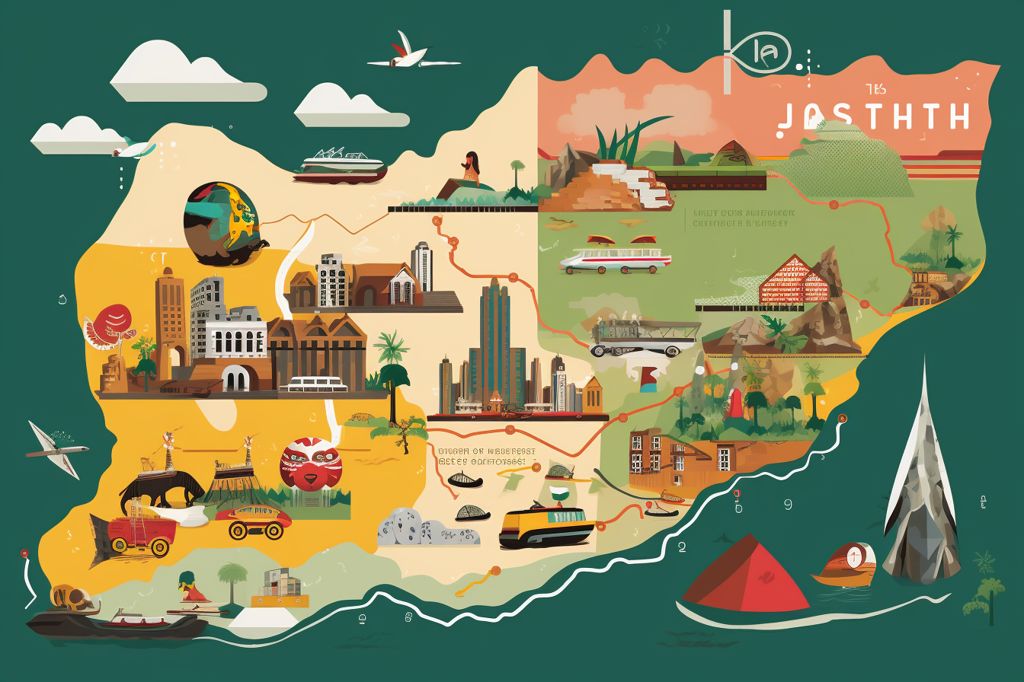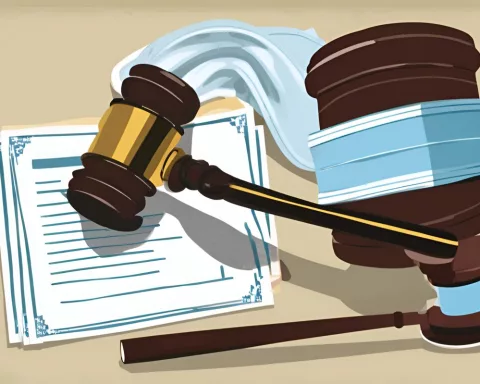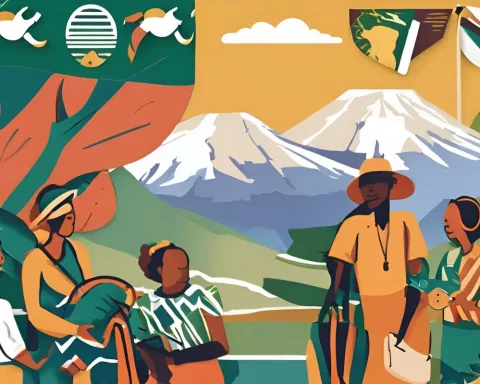South Africa’s tourism industry, a major contributor to the country’s economy, has been hit hard by the COVID-19 pandemic. However, the government has been making efforts to boost the industry and help it recover. One such measure is the Tourism Sector Recovery Plan, launched in May 2020, which aims to recover the sector and create jobs.
The Tourism Sector Recovery Plan
The South African government has been working to revive the tourism industry, which has been severely impacted by the COVID-19 pandemic. The Tourism Sector Recovery Plan, launched in May 2020, aims to recover the sector and create jobs.
The Upcoming Tourism Budget Vote
The upcoming Tourism Budget Vote is expected to provide further direction and strategies for the growth and development of the industry. The event will be presented by the Minister of Tourism, Ms. Patricia de Lille, and the Deputy Minister, Mr. Fish Mahlalela. The presentation is expected to touch on the milestones of the Tourism Sector Recovery Plan and innovative initiatives to encourage tourism, promote transformation, and foster skills development in the sector.
Accessibility and Inclusivity
Virtual links will be available for those who cannot attend the presentation in-person, allowing for greater accessibility and wider participation. This signifies the government’s commitment to transparency and inclusivity in its efforts to revitalize the tourism industry.
Working for Tourism Infrastructure Development Project
The Deputy Minister will also visit Agulhas National Park to evaluate the progress made in the Working for Tourism infrastructure development project, which aims to enhance visitor experiences and stimulate local tourism economies, crucial for the industry’s recovery.
Stakeholders’ Expectations
Stakeholders in the tourism industry are eagerly anticipating the Budget Vote to learn about the government’s plans and strategies. They hope that the event will provide opportunities for growth and job creation, and contribute to the country’s economic recovery.
The upcoming Tourism Budget Vote is a pivotal event for South Africa’s tourism sector. The government’s commitment to the growth and revitalization of the industry is evident in the measures it has put in place. As the event approaches, all eyes will be on the government’s plans and strategies, hoping for a bright and prosperous future for South African tourism.












